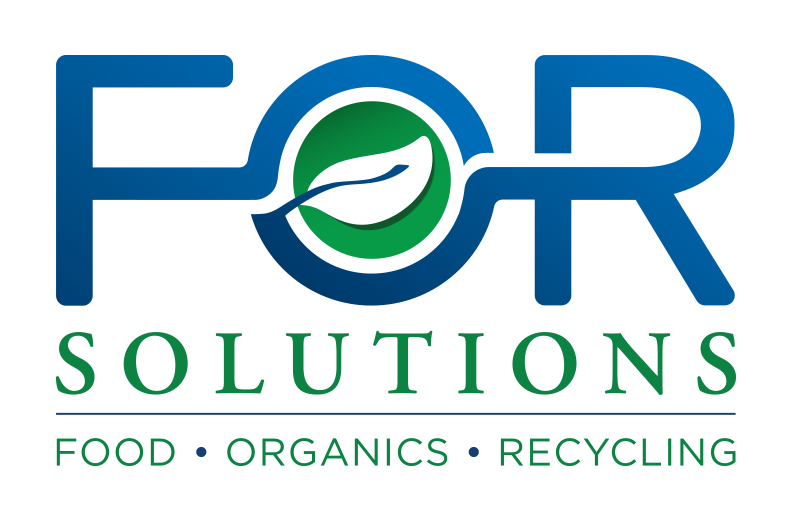FAQs
What are the processing capacities of Your composting systems?
Where Can your composting systems be installed?
Colleges/universites, correctional facilities, food banks/pantries, K-12 school districts, food courts (airports/shopping malls), hotels/convention centers, amusement parks/arenas/stadiums, HOAs/municipalities, recycling centers, nursing homes/hospitals, grocery stores, and military installations are all excellent examples of sites where our composting systems could be installed.
Is it necessary to add anything else other than the food and organics to your composting systems?
Our composting systems require the addition of a bulking agent/carbon source (BA/CS) to the recovered food. We recommend kiln-dried wood shavings as the best choice. If this material is used as the BA/CS, then it is typically added in a 4:1 ratio of food to BA/CS. Other materials, such as shredded cardboard and wood pellets, for example, may also be used as the BA/CS; however, the ratio of food to BA/CS will like change as a result.
Do your composting systems require the addition of any bacteria inoculant or enzymes?
No, neither bacteria inoculant nor enzymes are required for our composting systems to function as they have been designed.
Do Your composting systems require water?
No, water is not required for our composting systems to function as they have been designed; however, access to water for hand-washing and general sanitation of the surrounding area is strongly recommended.
Do Your composting systems Need to be kept inside?
Our composting systems are insulated. They are designed to operate most efficiently in an ambient temperature greater than 40°F. If the ambient temperature drops below this for more than 24 hours, then a structure with supplemental heating is strongly recommended. At a minimum, a structure with a roof is strongly recommended to protect operators of the composting systems from precipitation and prolonged exposure to intense sunlight.
Are extra pieces of equipment, such as a pulper, a macerator, a trommel screen, etc. necessary?
The only additional equipment that is required is a scale to weigh the recovered food and the BA/CS and some kind of receptacle to receive the discharged compost and to transport it to where it will be used. Our composting systems are 'plug-and-play'. They include a volume reducing shredder, a fully contained screw conveyor, a digestion vessel with an attached screener, and a computerized, touch-screen control panel.











